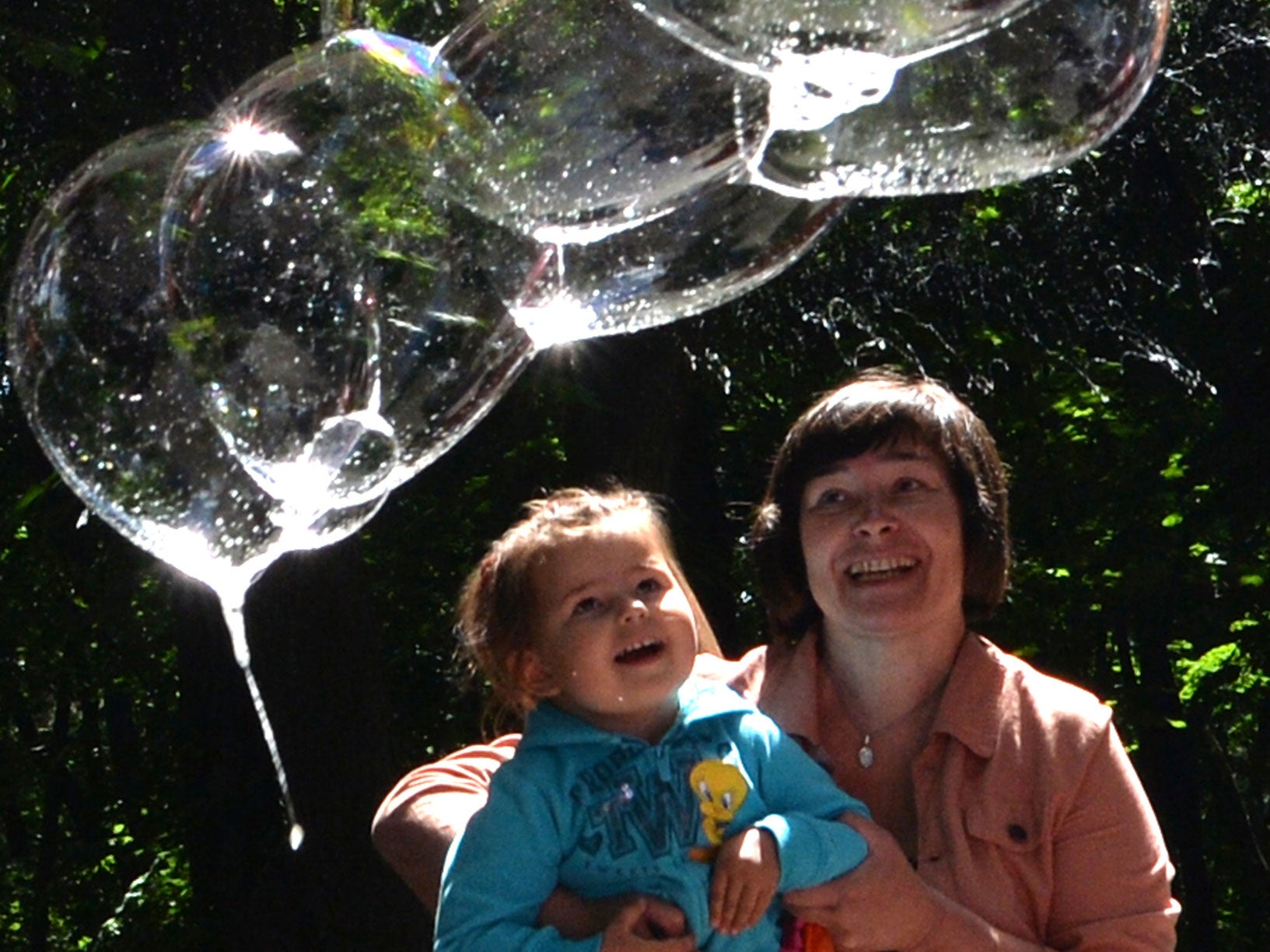The Independent's journalism is supported by our readers. When you purchase through links on our site, we may earn commission.
Risk of autism higher for children of teenage mothers and older parents
A study analysed more than 5.7 million children in Australia, Denmark, Israel, Norway and Sweden

Children born to teenage mothers and older parents have a higher risk of autism spectrum disorder (ASD), according to a mass study.
In a study exploring the link between parental age and autism risk in five countries, researchers also found that children of parents with an age gap of 10 years or more had a higher risk of the disorder.
The prevalence of the disorder was 66 per cent higher in children born to fathers aged over 50 than those born to fathers in their twenties, according to Medical News Today.
For children born to mothers in their 40s, the rate of ASD was 15 per cent higher than for those who had children in their 20s.
The prevalence of ASD was 18 per cent higher for children born to teenage mothers. And the study showed that high rates of the disorder were also found when a father was aged 35-44 and his partner was 10 or more years younger.
Published in Molecular Psychiatry on 9 June, the study concluded: “Shown in multiple geographic regions, increases in ASD risk was not only limited to advancing paternal or maternal age alone but also to differences in parental age including younger or older similarly aged parents as well as disparately aged parents.”
“These results suggest that multiple mechanisms are contributing to the association between parental age and ASD risk.”
As reported in Medical News Today, co-author of the study, Dr Sven Sandin, said: “After finding that paternal age, maternal age and paternal age gaps all influence autism risk independently, we calculated which aspect was most important. It turned out to be parental age, though age gaps also contribute significantly.”
Dr Sandin said: “Although parental age is a risk factor for autism, it is important to remember that, overall, the majority of children born to older or younger parents will develop normally.”
More than 5.7 million children in Australia, Denmark, Israel, Norway and Sweden were used in the study. The children were followed from birth until a reported diagnosis of ASD, which researchers obtained by consulting national health records.
Subscribe to Independent Premium to bookmark this article
Want to bookmark your favourite articles and stories to read or reference later? Start your Independent Premium subscription today.

Join our commenting forum
Join thought-provoking conversations, follow other Independent readers and see their replies